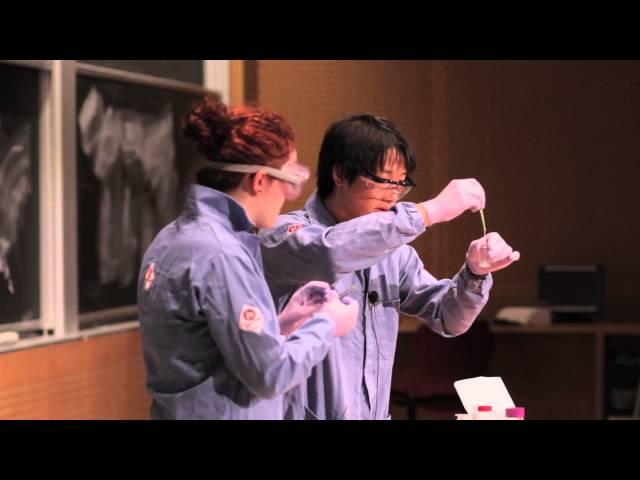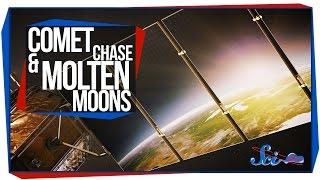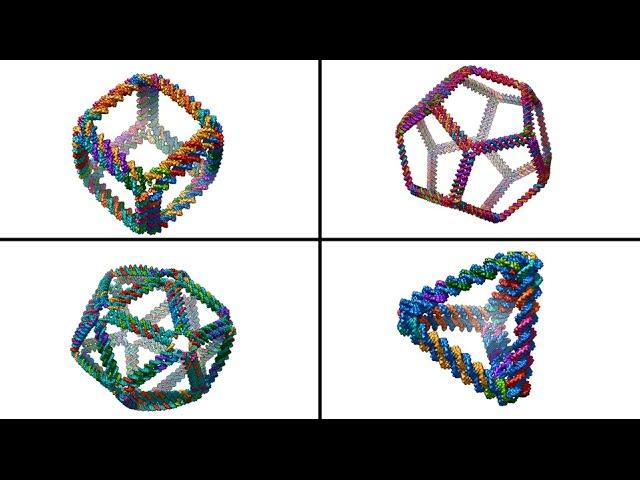Time Travel, Teleportation & Science
Time travel is the concept of moving between different points in time in a manner analogous to moving between different points in space, generally using a theoretical invention, namely a time machine. It has a commonly recognized place in philosophy and fiction, but has a very limited application in real world physics, such as in quantum mechanics or wormholes.
Although the 1895 novel The Time Machine by H. G. Wells was instrumental in moving the concept of time travel to the forefront of the public imagination, The Clock That Went Backward by Edward Page Mitchell was published in 1881 and involves a clock that allowed three men to travel backwards in time.[1][2] Non-technological forms of time travel had appeared in a number of earlier stories such as Charles Dickens' A Christmas Carol. Historically, the concept dates back to the early mythologies of Hinduism (such as the Mahabharata), Buddhism, and Islam through ancient folk tales. More recently, with advancing technology and a greater scientific understanding of the universe, the plausibility of time travel has been explored in greater detail by science fiction writers, philosophers, and physicists.
Teleportation, or Teletransportation, is the theoretical transfer of matter or energy from one point to another without traversing the physical space between them. It has a commonly recognized place in science fiction literature, film, and television, but as yet has a very limited application in real world physics, such as quantum teleportation or the study of wormholes.
Science (from Latin scientia, meaning "knowledge") is a systematic enterprise that builds and organizes knowledge in the form of testable explanations and predictions about the universe. In an older and closely related meaning, "science" also refers to a body of knowledge itself, of the type that can be rationally explained and reliably applied. A practitioner of science is known as a scientist.
In modern usage, "science" most often refers to a way of pursuing knowledge, not only the knowledge itself. It is also often restricted to those branches of study that seek to explain the phenomena of the material universe.
Source : Wikipedia
-
00:55
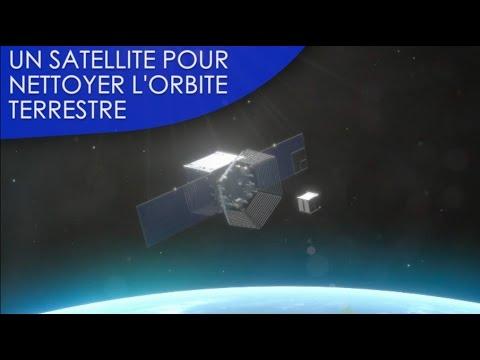
Clean Space One : Un Satellite Suisse Pour Nettoyer L’orbite Terrestre
Added 705 Views / 0 Likes -
03:01
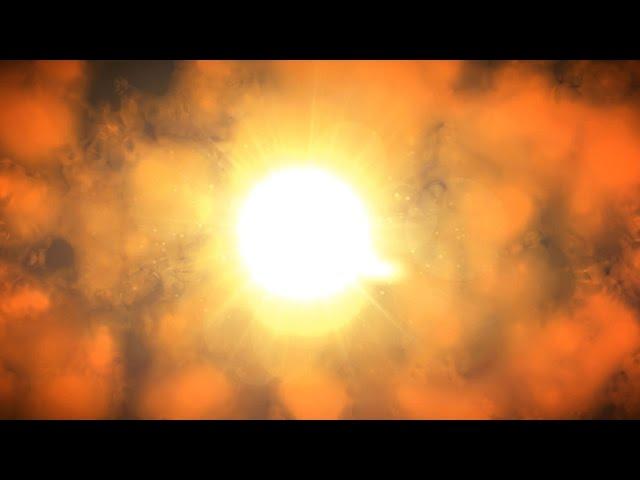
Climate change could bring deadly heat to Persian Gulf
Added 760 Views / 0 LikesClimate change could bring deadly heat to Persian Gulf
-
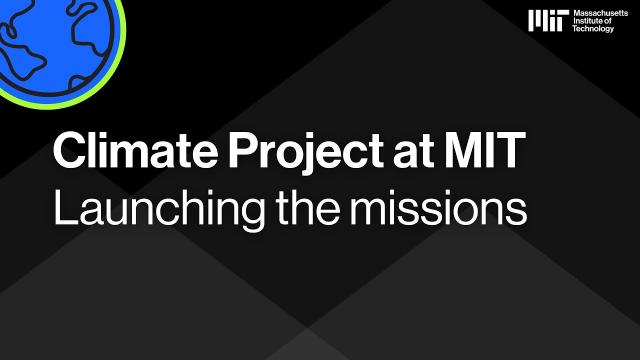
Climate Project at MITLaunching the missions
Added 78 Views / 0 LikesWatch more videos from MIT: http://www.youtube.com/user/MITNewsOffice?sub_confirmation=1The Massachusetts Institute of Technology is an independent, coeducational, privately endowed university in Cambridge, Massachusetts. Our mission is to advance knowled
-
40:20
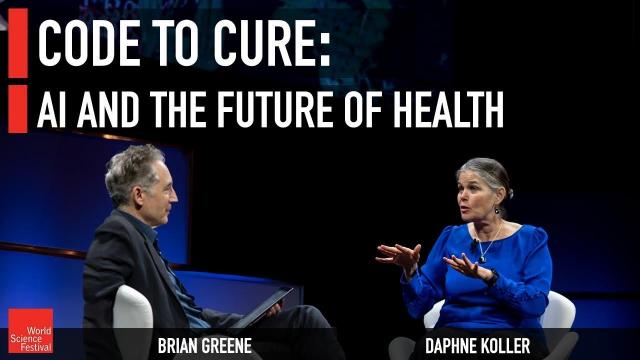
Code to Cure: AI and the Future of Health
Added 91 Views / 0 LikesRenowned computer scientist and Coursera co-founder Daphne Koller joins Brian Greene to discuss her new venture in using machine learning for drug discovery and development.Moderator: Brian GreeneParticipant: Daphne Koller00:00 - Introduction02:20 - Parti
-
04:15
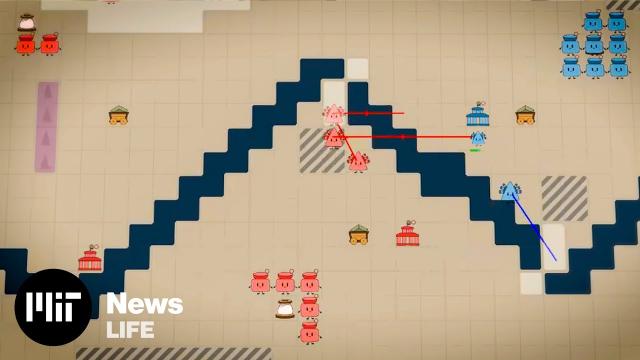
Code. Play. Learn. Win. BATTLECODE.
Added 258 Views / 0 LikesMIT’s long-running programming competition, Battlecode, invites participants from around the world to write code to program entire armies – not just individual bots – before they duke it out on screen. Throughout Independent Activities Period, participant
-
41:49
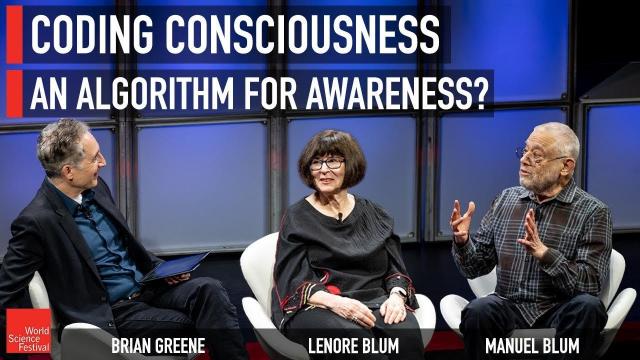
Coding Consciousness: An Algorithm for Awareness?
Added 99 Views / 0 LikesCan conscious self-awareness be coded in an algorithm? According to distinguished computer scientist Lenore Blum and Turing Award Laureate Manuel Blum the answer is "yes," and they join Brian Greene to explain their approach.Participants: Lenore BlumManue
-
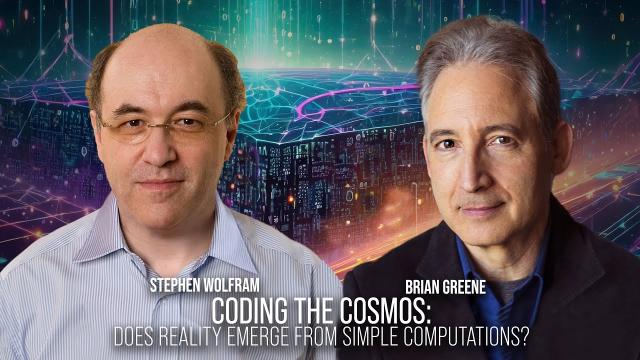
Coding the Cosmos: Does Reality Emerge From Simple Computations?
Added 142 Views / 0 LikesStephen Wolfram joins Brian Greene to explore whether the ultimate theory of the universe might emerge from a computationally simple framework.This program is part of the Big Ideas series, supported by the John Templeton Foundation.Panelist:Stephen Wolfra
-
00:47
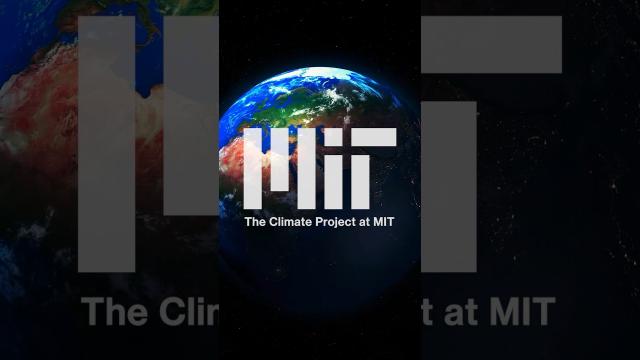
Collaborative problem-solving, globally
Added 135 Views / 0 LikesThe Climate Project at MIT aims to pull from the Institutes deep history of collaborative problem-solving on a grand scale, to attack perhaps the most challenging problem we face today: climate change.
-
03:26
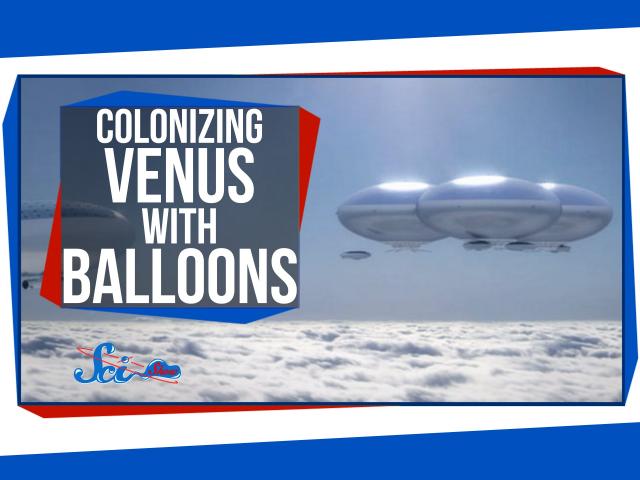
Colonizing Venus with Giant Balloons
Added 731 Views / 0 LikesColonizing Venus with Giant Balloons
-
03:03

Color drops
Added 315 Views / 0 LikesEngineers at MIT and Penn State University have found that under the right conditions, ordinary clear water droplets on a transparent surface can produce brilliant colors, without the addition of inks or dyes. (Learn more: http://news.mit.edu/2019/water-d
-
05:13
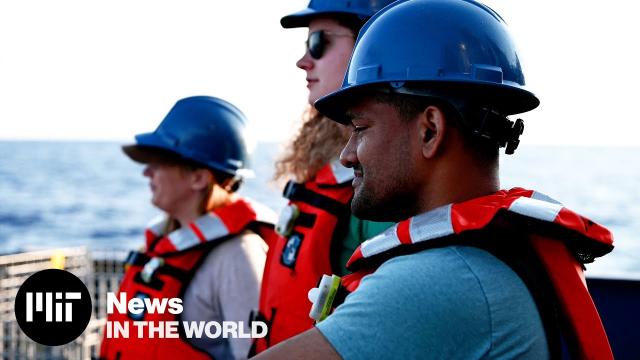
Combining forces to advance ocean science
Added 194 Views / 0 LikesThe Massachusetts Institute of Technology (MIT) - Woods Hole Oceanographic Institution (WHOI) Joint Program in Oceanography/Applied Ocean Science and Engineering is a five-year doctoral degree program. The combined strengths of MIT and WHOI provide resear
-
05:46
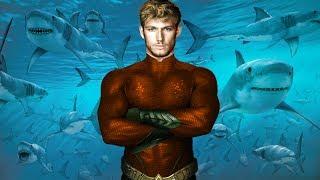
Command Your Own Undersea Army: Science Friction Ep 24
Added 774 Views / 0 LikesThe creatures of the ocean could be yours to command, just like Aquaman. Find out what the U.S. Navy and Ukraine are able to train dolphins, sea lions and whales to do. And find out what the military has planned for Sharks! Links to sources below. Check o
-
01:01
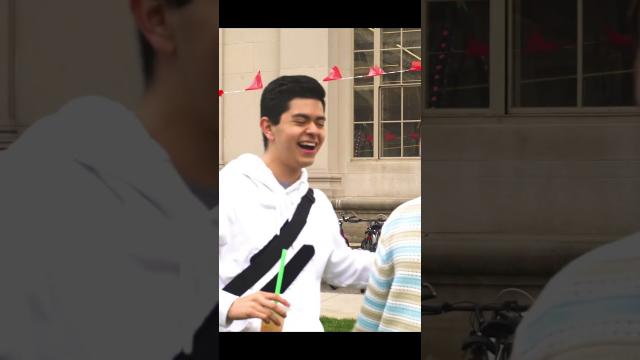
Community Day at MIT!
Added 184 Views / 0 LikesOn Monday, MIT celebrates the inauguration of President Sally Kornbluth. The festivities kick off today with Community Day, featuring a street fair and concert, followed on Monday by a symposium, ceremony, and inaugural celebration concert.
-
02:01
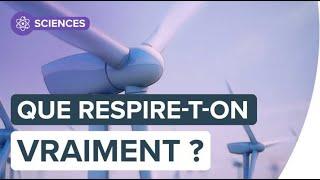
Composition de l'air : que respire-t-on ? | Futura
Added 597 Views / 0 LikesAbonnez vous vite à notre chaîne : http://bit.ly/FuturaYouTube Activez la petite cloche ci-dessus et recevez une notification pour chaque publication. Au quotidien, nous respirons l'air contenu dans l'atmosphère de la Terre. Quel est la composition de cet
-
1:00:26
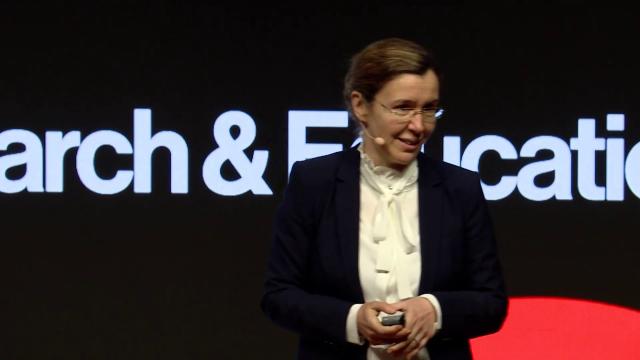
Computing at the Crossroads: Intersections of Research and Education
Added 438 Views / 0 LikesHashim Sarkis, dean of the MIT School of Architecture and Planning, offers an introduction to the session on “Computing at the Crossroads: Intersections of Research and Education” at the celebration of the MIT Stephen A. Schwarzman College of Computing. T


